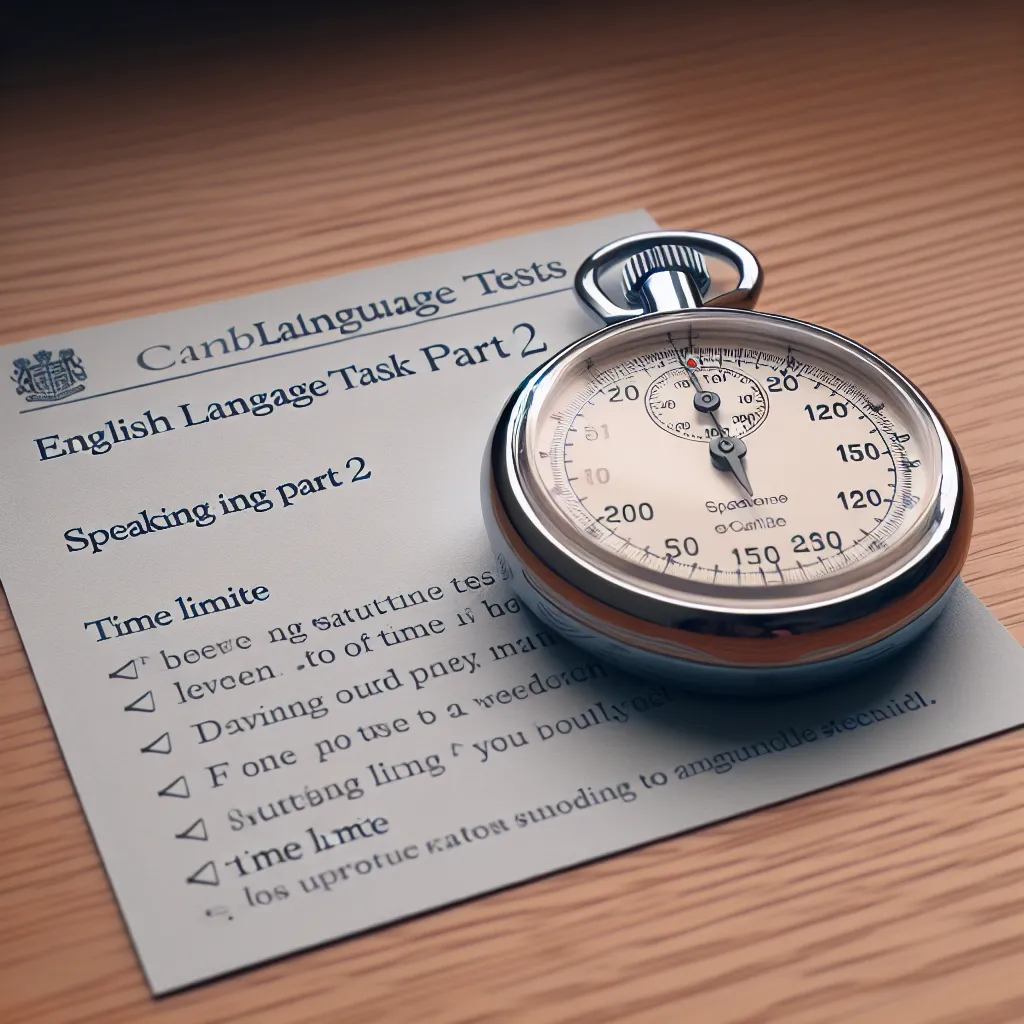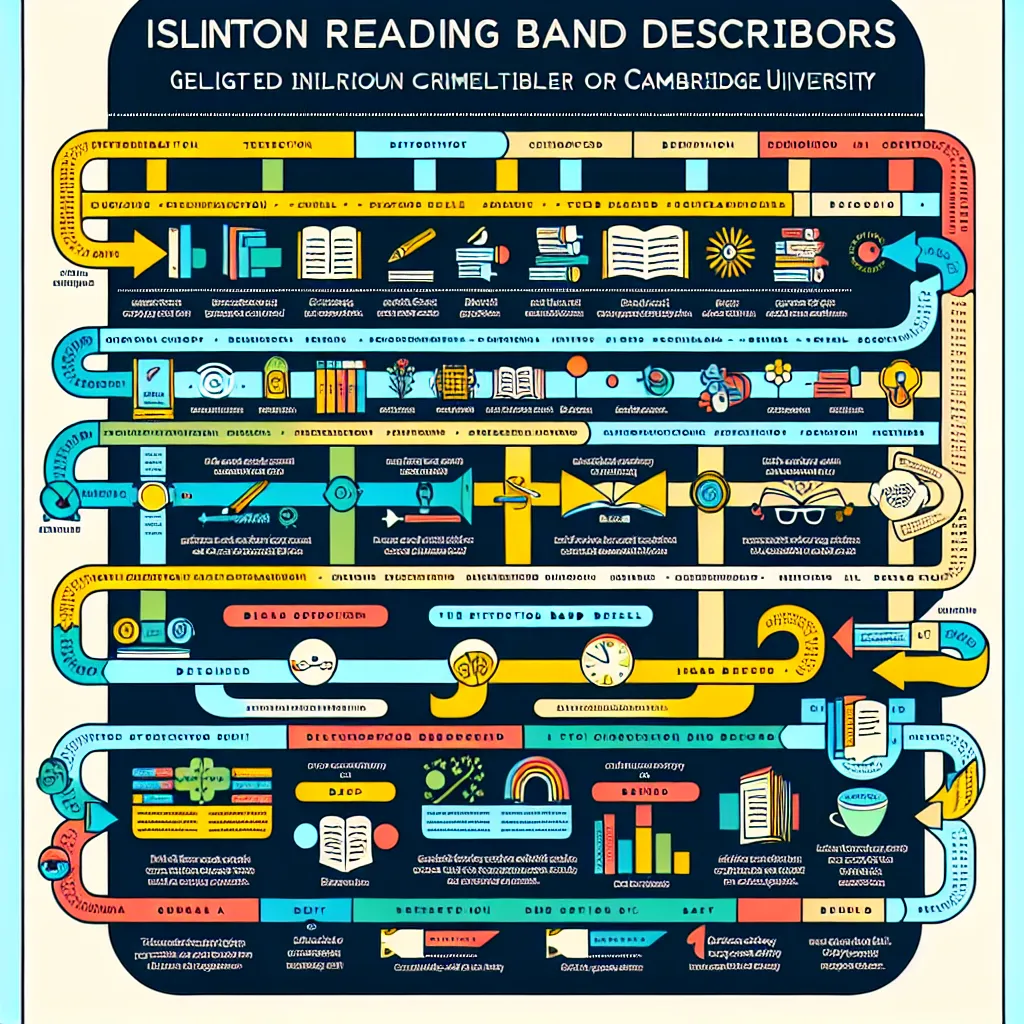Are you preparing for the Cambridge English exams and feeling nervous about the Speaking test, particularly Part 2? You’re not alone. Many candidates find this section challenging, but with the right approach, you can excel. In this comprehensive guide, we’ll explore effective strategies to help you tackle Cambridge Speaking Part 2 questions with confidence.
Understanding Cambridge Speaking Part 2
Before we dive into the strategies, let’s first understand what Cambridge Speaking Part 2 entails. This section, also known as the “long turn,” requires you to speak for about 1-2 minutes on a given topic. You’ll receive a task card with a subject and some prompts to guide your response.
 Cambridge Speaking Part 2 Task Card
Cambridge Speaking Part 2 Task Card
Key Features of Speaking Part 2:
- You have 1 minute to prepare before speaking
- You must speak for 1-2 minutes without interruption
- The examiner will listen and may ask a follow-up question when you finish
Effective Strategies for Answering Part 2 Questions
1. Utilize Your Preparation Time Wisely
When you receive your task card, make the most of your 1-minute preparation time:
- Read the topic and prompts carefully
- Jot down key points or a simple outline
- Think of relevant vocabulary and phrases
- Consider a brief introduction and conclusion
2. Structure Your Response
A well-structured answer is crucial for clarity and coherence:
- Start with a brief introduction to the topic
- Address each prompt on the card
- Use connecting phrases to link your ideas
- Conclude with a summary or personal opinion
3. Develop Your Ideas
To speak for the full time, you need to expand on your points:
- Provide specific examples or experiences
- Explain your reasons or opinions
- Use descriptive language to add detail
- Make comparisons or contrasts where relevant
4. Use a Range of Vocabulary and Grammar
Showcase your language skills by incorporating:
- Advanced vocabulary related to the topic
- A variety of tenses and structures
- Idiomatic expressions (used naturally)
- Appropriate collocations
5. Maintain Fluency and Pronunciation
Speak clearly and confidently:
- Pace yourself – not too fast, not too slow
- Use fillers sparingly (e.g., “well,” “you know”)
- Practice proper stress and intonation
- Work on problematic sounds in English
6. Stay on Topic
It’s essential to address the task directly:
- Refer back to the prompts on the card
- Stay focused and avoid going off on tangents
- If you run out of things to say, summarize and conclude
Common Pitfalls to Avoid
Be aware of these common mistakes:
- Memorizing pre-prepared answers (examiners can tell)
- Speaking for too short a time (aim for the full 2 minutes)
- Ignoring the prompts on the task card
- Using overly complex language that leads to errors
Practice Makes Perfect
The key to improving your performance in Part 2 is consistent practice:
- Use sample task cards from official Cambridge resources
- Time yourself while practicing
- Record your responses and listen back to identify areas for improvement
- Ask a study partner or teacher for feedback
 Cambridge Speaking Practice Session
Cambridge Speaking Practice Session
Next Steps: Enhancing Your Overall Speaking Skills
To further improve your performance in Cambridge Speaking Part 2:
- Expand your vocabulary by reading widely on various topics
- Listen to English podcasts or watch videos to improve your listening and pronunciation
- Engage in English conversations regularly to build fluency
- Take mock tests under exam conditions to build confidence
Remember, success in Cambridge Speaking Part 2 comes from a combination of good preparation, effective language use, and confident delivery. By following these strategies and practicing consistently, you’ll be well-equipped to tackle any topic that comes your way in the exam.
Are you ready to take your Cambridge Speaking skills to the next level? Start implementing these tips in your practice sessions today, and watch your confidence soar. Good luck with your exam preparation!
[internal_links]
- Cambridge Speaking Part 1: Tips for a Strong Start
- Mastering Cambridge Speaking Part 3: Discussion Strategies
- Top Vocabulary Resources for Cambridge English Exams
- Time Management Tips for Cambridge Speaking Tests
[/internal_links]




